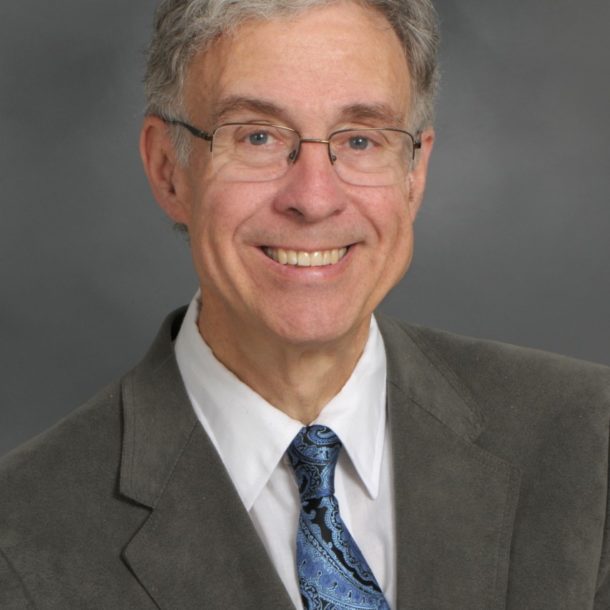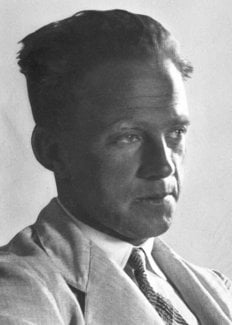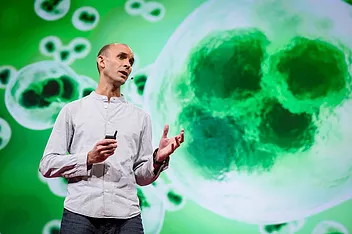
As pop neuroscientist Anil Seth claims in a TED talk?
What the brain “is” depends on how you study it. We live in a mechanical age, so we study it as a machine. But our method of study determines what we learn. Theoretical physicist and Nobel laureate Werner Heisenberg noted perceptively that “…what we observe is not nature itself but nature exposed to our method of questioning” ( Physics and Philosophy: The Revolution in Modern Science, 1958, p. 78).

By its nature, the brain is an organ. It is a functional part of a living being. We can draw analogies to it in order to help us understand it, but we must remember that what we then learn about the brain is only that aspect of its nature that is exposed to our method of questioning.
In other words, the brain will seem like a machine if we study it like a machine. More. Michael Egnor, “Yes, your brain is a machine—if you choose to see it that way” at Mind Matters
Follow UD News at Twitter!

See also by Michael Egnor: Hamlet: Did his perplexing neurotransmitters cause the tragedy? Michael Egnor: The neuroscientist working from a mechanical perspective would study the material and efficient causes of Hamlet’s act of revenge. It is essential to note that the Aristotelian neuroscientist, while delving into the complexities of Shakespeare’s remarkable psychological portrayal of this tortured man, can also study Hamlet’s murder of Claudius in just the same way that the mechanistic neuroscientist can. But he doesn’t lose the plot.
Does your brain construct your conscious reality? Part I
A reply to computational neuroscientist Anil Seth’s recent TED talk
Does your brain construct your conscious reality? Part II In a word, no. Your brain doesn’t “think”; YOU think, using your brain
and
The brain is not a meat computer. Dramatic recoveries from brain injury highlight the difference